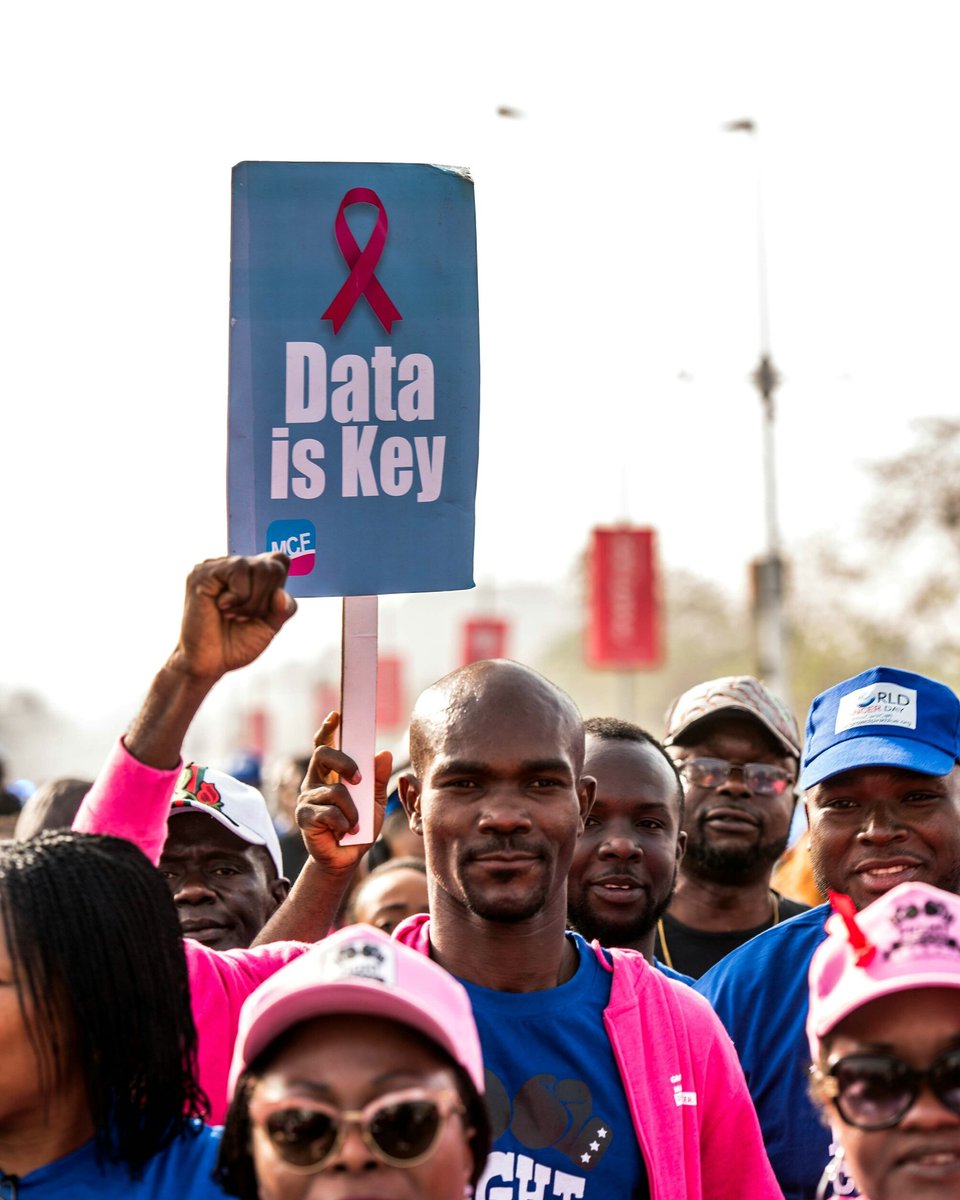
A day to mark our progress and the future of combating this deadly disease
By Tania Arora, Staff Reporter
The fourth day of February each year is World Cancer Day, as designated by the United Nations’ subsidiary, the World Health Organization (WHO). The day spreads awareness about the fatalities of the disease, the extent to which it has spread, its types, cures, and treatments.
In 2014 alone, the WHO reported that 74,500 deaths out of the Canadian population at the time of 34,838,000 were due to cancer. According to a report presented by the Canadian Cancer Society, in 2017 a total of 206,200 cases were newly diagnosed for both sexes combined.
British Columbia at present has its own cancer agency which boasts of having among the best cancer outcomes in the world. On November 5, 1938, BC Cancer’s first cancer treatment centre was opened in Vancouver. In 1955, the cancer agency was first in the world to establish a cervical cancer screening program. During the span of more than 70 years, the quality of patient care, options for treatment, and medication has developed a lot.
On December 4, 2018, Pfizer Canada announced an $800,000 contribution towards the BC Cancer Agency. This contribution will be used to create the BC Cancer Research-Pfizer Innovation Fund. The fund is meant to support research of different levels such as clinical, basic, and translational.
In a press release by the BC Cancer Agency, Pfizer Canada president John Helou stated, “Through the formation of this new fund, Pfizer Canada is enhancing its ongoing commitment to health innovation and research in British Columbia. We are proud to partner with BC Cancer to advance research on this critical disease to make a difference in patients’ lives. At Pfizer, our purpose is to translate advanced science and technologies into the therapies that matter most.”
The current stats indicate that globally, one out of every six deaths is due to cancer. The WHO has named cancer as the second leading cause of death worldwide. In 2018, the disease claimed an estimated 9.6 million lives. According to the WHO, 30 to 50 percent of cancers are preventable; the major risk factors involved have been lack of physical activity, tobacco consumption, unhealthy eating habits, and alcohol consumption.
As to what actually causes cancer, the WHO in its findings stated, “Cancer arises from the transformation of normal cells into tumour cells in a multistage process that generally progresses from a precancerous lesion to a malignant tumour. These changes are the result of the interaction between a person’s genetic factors and three categories of external agents.”
For various types of cancer the causes have been discovered, but for many other types the causes remain unknown. Research is still ongoing and raising awareness and funding remains vital.

